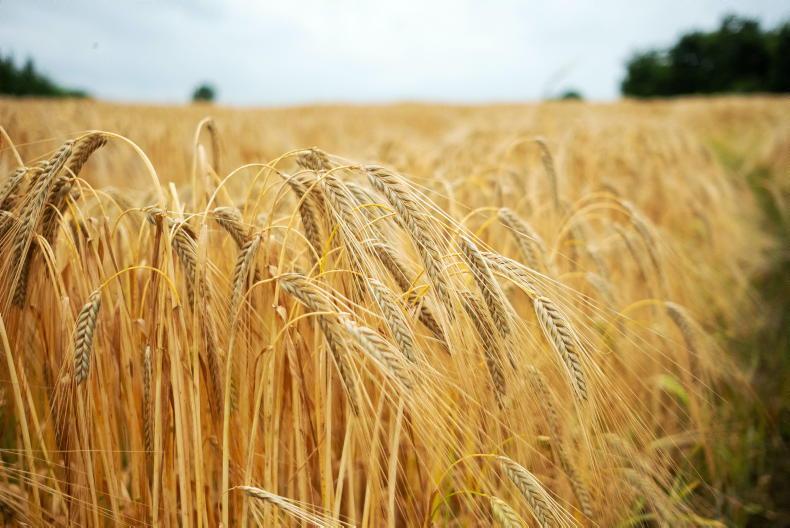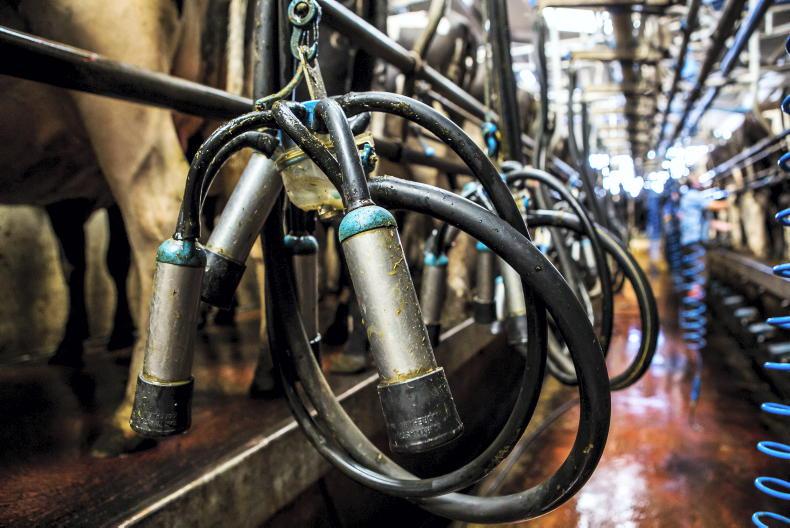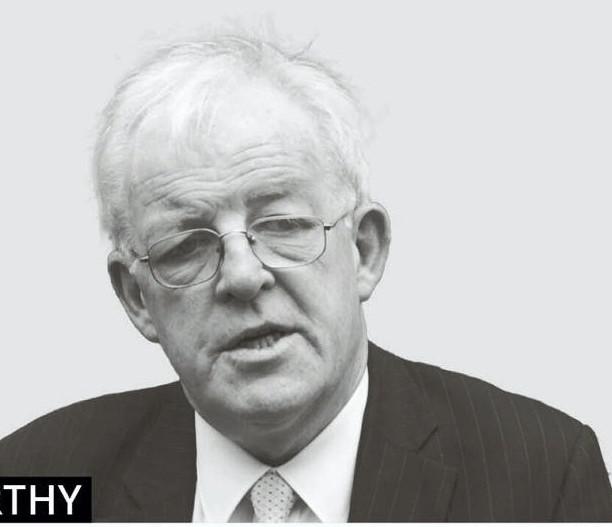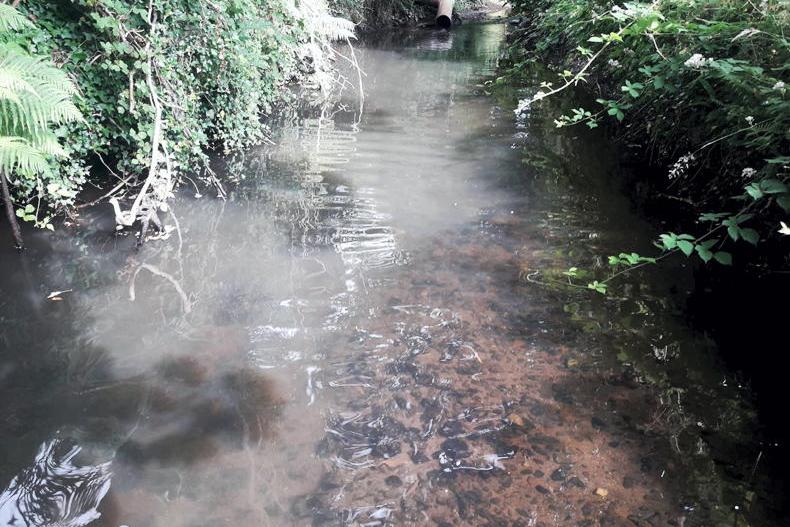Farmers are facing a hike in water charges later this year as Uisce Éireann has proposed across-the-board increases to non-domestic water charges of 9.8%.
The proposals, requested by the Commission for Regulation of Utilities (CRU), are set to come into force on 1 October 2025 for non-domestic Uisce Éireann customers.
According to the latest Teagasc National Farm Survey, the average dairy farm in Ireland has 95 cows. This average farm would use between 2.1m litres (2,081m³) and 3.8m litres (3,814m³) of water/year.
This figure would mean the farm falls under the band two customer class for the standing charge (water connections) and volumetric (usage) charge.
The standing charge is set to increase by €21.37 to €239.48/year while the usage charge will increase by €0.16 to €1.84/m^3. On the upper end of the scale, the bill for the average dairy farm with one water connection could increase by €631.85 to €7,257.48/year.
Not all farmers will be impacted by the change, as some have private wells.
The Irish Farmers Association (IFA) has called for a separate band to be made for all non-domestic customers with low usage and multiple connections.
Declan Hanrahan, IFA livestock chair, said that many drystock farmers have multiple connections and they would be unfairly charged.
“We’re against any additional charges; they’re another cost on drystock farmers that they don’t need to carry.
“You’re even charged a low usage charge which is not fair either.
“This proves that we need a good beef price because we’ve seen all the costs across the economy going up,” he said.
Meanwhile, Nigel Sweetman, IFA poultry chair, said: “We’re going to supermarkets, we need a price increase because everything is going up.
“There’s a lot of things in farming where you could maybe cut costs but you can’t cut on water, there’s no other way of getting it.”
Read more
Fragmented farms hit hardest by water charge hike
Colm McCarthy: Is it time to extend water charges?
Farmers fined for not registering water abstraction points
NIEA appoints new Lough Neagh inspectors
Farmers are facing a hike in water charges later this year as Uisce Éireann has proposed across-the-board increases to non-domestic water charges of 9.8%.
The proposals, requested by the Commission for Regulation of Utilities (CRU), are set to come into force on 1 October 2025 for non-domestic Uisce Éireann customers.
According to the latest Teagasc National Farm Survey, the average dairy farm in Ireland has 95 cows. This average farm would use between 2.1m litres (2,081m³) and 3.8m litres (3,814m³) of water/year.
This figure would mean the farm falls under the band two customer class for the standing charge (water connections) and volumetric (usage) charge.
The standing charge is set to increase by €21.37 to €239.48/year while the usage charge will increase by €0.16 to €1.84/m^3. On the upper end of the scale, the bill for the average dairy farm with one water connection could increase by €631.85 to €7,257.48/year.
Not all farmers will be impacted by the change, as some have private wells.
The Irish Farmers Association (IFA) has called for a separate band to be made for all non-domestic customers with low usage and multiple connections.
Declan Hanrahan, IFA livestock chair, said that many drystock farmers have multiple connections and they would be unfairly charged.
“We’re against any additional charges; they’re another cost on drystock farmers that they don’t need to carry.
“You’re even charged a low usage charge which is not fair either.
“This proves that we need a good beef price because we’ve seen all the costs across the economy going up,” he said.
Meanwhile, Nigel Sweetman, IFA poultry chair, said: “We’re going to supermarkets, we need a price increase because everything is going up.
“There’s a lot of things in farming where you could maybe cut costs but you can’t cut on water, there’s no other way of getting it.”
Read more
Fragmented farms hit hardest by water charge hike
Colm McCarthy: Is it time to extend water charges?
Farmers fined for not registering water abstraction points
NIEA appoints new Lough Neagh inspectors










SHARING OPTIONS